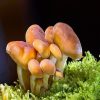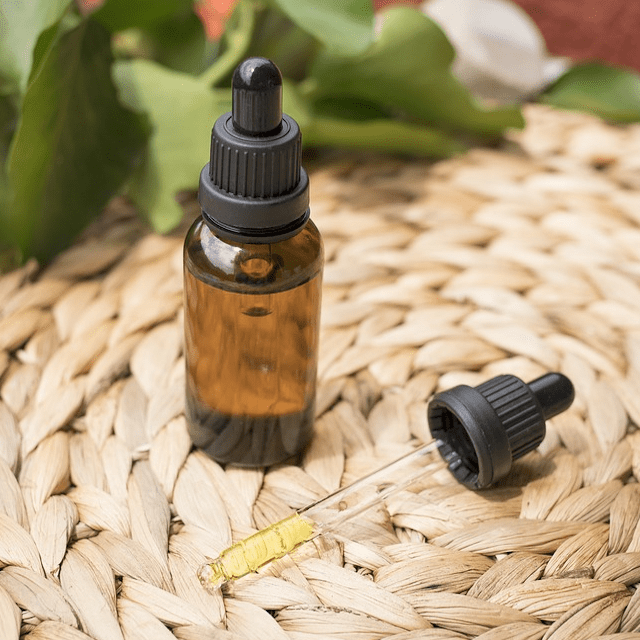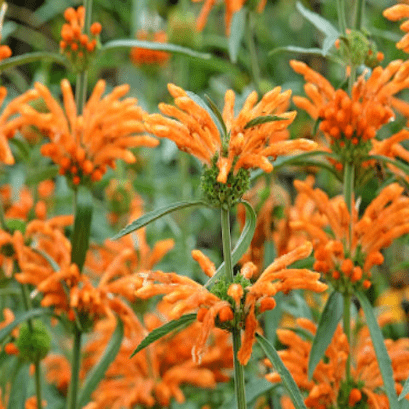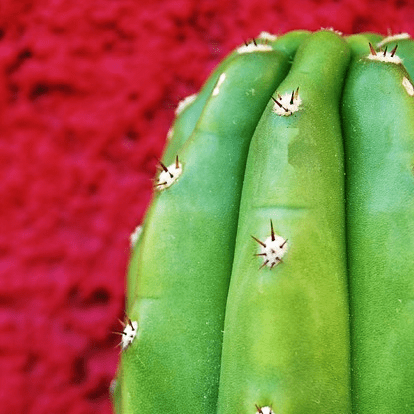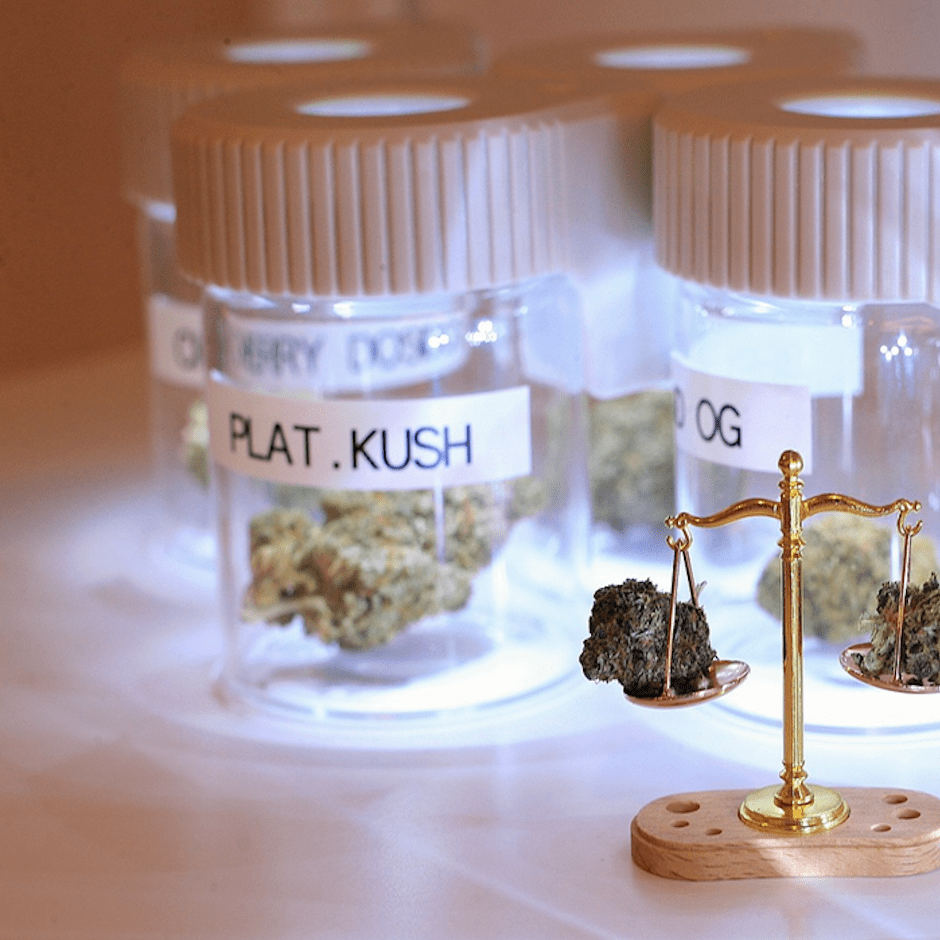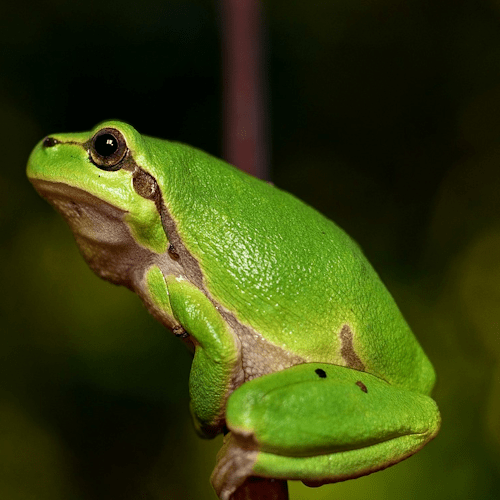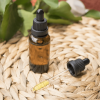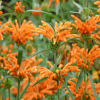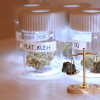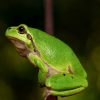Do you want to explore the exciting world of psychedelic experiences? Are you curious about the role of serotonin in this and how these experiences can potentially offer therapeutic benefits? Today, we dive deeper into this fascinating topic. No matter whether you are interested in magic mushrooms, magic truffles or other psychedelic substances, we will explore how serotonin affects our minds and what this means for the therapeutic potential of psychedelics.
Table of Contents
What is serotonin?
Serotonin is a neurotransmitter that plays an important role in our nervous system. It is often associated with feelings of happiness, well-being and emotional stability . Serotonin regulates several functions in our body, including mood, sleep, appetite and cognitive processes[1] . It is also involved in the regulation of our stress response system.
Serotonin deficiency can have several negative effects on our health and well-being. It can lead to mood disorders such as depression and anxiety, sleep problems, weight changes and even digestive problems. People with serotonin deficiency often experience a lack of motivation, social withdrawal and may have difficulty experiencing pleasure.
Serotonin and psychedelic experiences
When exploring the role of serotonin in psychedelic experiences, we need to look at how psychedelics interact with our serotonin receptors in the brain. Psychedelics, such as psilocybin in magic mushrooms and magic truffles, have a structure similar to that of serotonin. They bind to specific serotonin receptors, especially the 5-HT2A receptors, thus altering neurotransmission in the brain[2] .
Through this interaction with our serotonin receptors, psychedelics produce a host of effects, including visual hallucinations, changes in perception of time and space, introspective thoughts and heightened emotional sensitivity. These experiences are often described as profound, transformative and mystical.
What is mescaline?
Mescaline is a naturally occurring substance found in certain cacti, such as the Peyote cactus. It is known for its psychedelic properties and has been used for centuries by various indigenous cultures for spiritual and ceremonial purposes. Mescaline appears to have a direct effect on the serotonin system in our brain. It binds to serotonin receptors, particularly the 5-HT2A receptor. This causes disruption of normal serotonin signalling and leads to psychedelic effects such as visual hallucinations, changes in consciousness and feelings of connectedness.
To better understand how mescaline affects our serotonin levels, scientists have conducted numerous studies. These studies have shown that mescaline increases the release and activity of serotonin in certain parts of the brain. This results in an increase in serotonin levels and contributes to the psychedelic experiences people experience during a mescaline trip.
The therapeutic potential of psychedelics
Besides their intriguing effects, psychedelic experiences can also have therapeutic potential. Clinical studies show promising results in the treatment of various mental disorders, including depression, anxiety disorders and post-traumatic stress disorder (PTSD)[3] . These positive effects are attributed to the unique way psychedelics affect the brain. While traditional antidepressants take weeks to months to take effect, psychedelics can show significant improvement within hours or days. This is because they can repair neural networks and provide new perspectives and insights.
Sources:
[1] https://en.wikipedia.org/wiki/Serotonin

